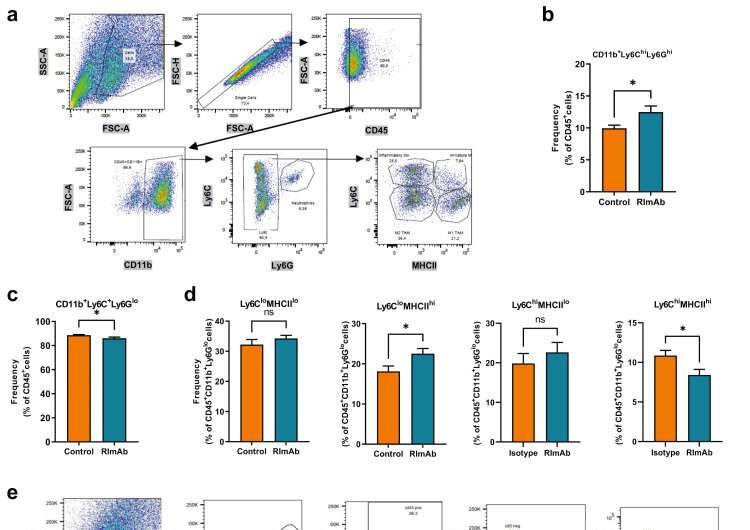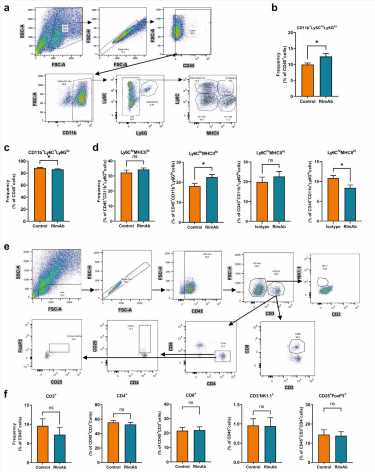New immunotherapy targeting tumor macrophages to tackle lung cancer

Researchers from the Innate Immunity group at the Germans Trias i Pujol Research Institute (IGTP) have developed a new immunotherapy based on a monoclonal antibody directed against tumor macrophages. The results obtained lay the foundations for a new treatment for patients with lung cancer, with the potential to be applied to other solid tumors. The study has been published in the journal eBioMedicine.
Cancer is one of the leading causes of death worldwide, with nearly 10 million deaths in 2020 according to the World Health Organization. Although there are numerous treatments available, very few are truly curative. The problem lies in the ability of tumor cells to manipulate and educate the immune system so that it does not recognize them as malignant and works in their favor.
Immunotherapies aim to reactivate and re-educate the immune system to generate a robust anti-tumor response. These treatments have been a breakthrough for non-curable tumors, but still need improvement. In this context, immune cells called macrophages are a promising target in immuno-oncology, because tumor-associated macrophages (TAM macrophages) are immunosuppressive in most solid cancers, i.e., they weaken the immune system and reduce its effectiveness.
A recent study led by the Innate Immunity research group of the IGTP, under the direction of Dr. Maria Rosa Sarrias, shows the key role of the CD5L protein in TAMs. The authors of the study, from different national and international centers, observed that a higher amount of this protein in macrophages is associated with a worse prognosis in lung cancer patients.
To address the problem, researchers have generated RImAb, a new antibody that specifically binds CD5L and reprograms macrophages. The antibody changes the way TAMs act, reducing their immunosuppressive capacity and endowing them with anti-tumor activity. This modifies the tumor microenvironment and reduces tumor growth in mice.
According to Dr. Sarrias, “the results open the door to a new line of treatment for lung cancer patients, with the potential to be applied to other solid tumors.” This treatment will be further developed, and the research group plans to continue exploring the mechanism of action of the new immunotherapy, its application in other types of cancer, as well as its progression towards clinical trials.
More information:
Lidia Sanchez-Moral et al, Macrophage CD5L is a target for cancer immunotherapy, eBioMedicine (2023). DOI: 10.1016/j.ebiom.2023.104555
Journal information:
EBioMedicine
Source: Read Full Article
